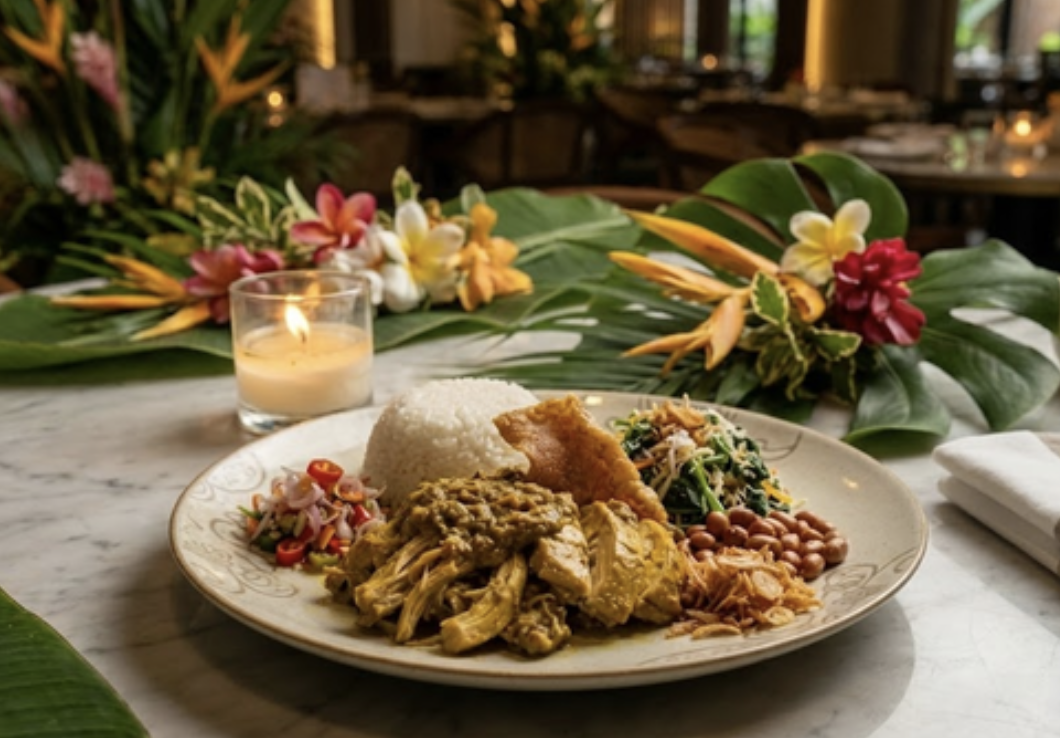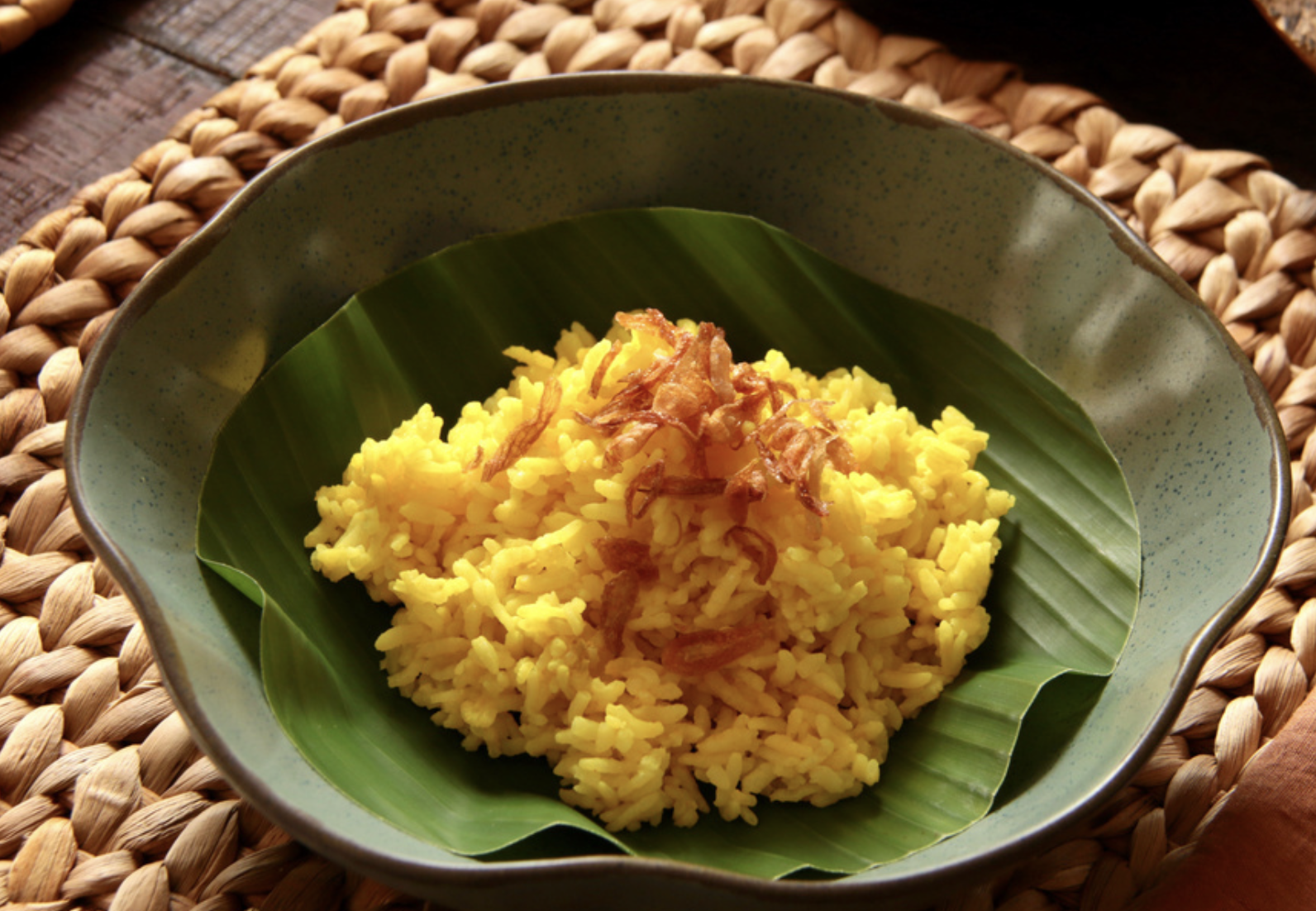Gastronomy tourism, as defined by the UN Tourism is about experiencing a destination’s culture through its culinary traditions, flavors, and techniques. In 2023, the UN Tourism in collaboration with Indonesia’s Ministry of Tourism, recognized Ubud’s potential as a model for sustainable gastronomy tourism, launching a guide to promote this vibrant food culture. Ubud’s dining scene invites travelers to engage with both the past and the present, from savoring slow-roasted suckling pig to exploring modern adaptations of Balinese flavors. With each dish comes a story, a ritual, and an artistry that make Bali’s gastronomy an unforgettable journey into its heart and heritage.
In Ubud experience, visitors can enjoy a spectrum of culinary experiences, from beloved family-run warungs to Michelin-starred restaurants that blend Balinese ingredients, locally sourced with global flavors. Local and international well-known chefs and artisans play a pivotal role in making Ubud’s gastronomy scene special. Engaging with these culinary experts offers visitors a deeper understanding of the cultural narratives and traditional methods to ensure that the culinary heritage is preserved and passed down through generations.
Community and sustainability are also key aspects of Balinese food culture. Communal dining, particularly during festivals, is a central element of family gatherings, and dishes are often prepared in a traditional paon (Balinese kitchen) using locally sourced ingredients like coconut, lemongrass, and turmeric. This support for local farmers preserves Bali’s culinary identity and contributes to sustainable practices.
Religious offerings, known as banten, play a major role in Balinese ceremonies, and the food used in these rituals represents harmony, prosperity, and balance. Dishes like lawar (a mix of vegetables, coconut, and minced meat) often include sate lilit (a Balinese satay made by wrapping minced meat or seafood in spices and roasting it on bamboo or lemongrass skewers), and are complemented by Jukut ares (a light banana stem soup, typically served as a palate cleanser). These are often accompanied by babi guling (roast pork), all prepared using traditional ways and presented as intricate arrangements among many colorful offerings that symbolize spiritual reverence.
Gastronomy tourism in Ubud aligns seamlessly with BBTF 2025’s theme by promoting sustainable practices and celebrating cultural heritage. Visitors are encouraged to immerse themselves in the local food culture, supporting community initiatives and contributing to the preservation of Indonesia’s rich culinary traditions.






